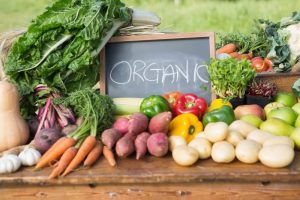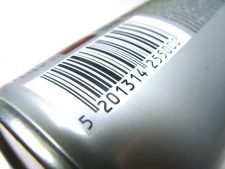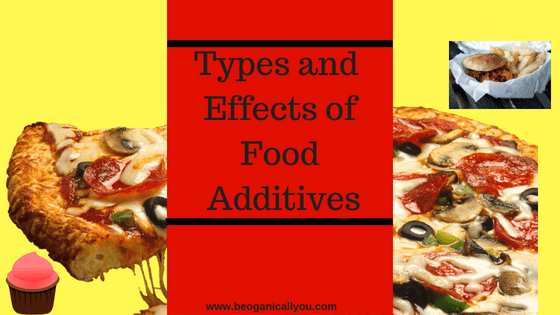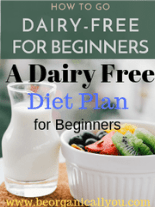Organic Foods 101: Understanding the Essentials is Easy!
What is Organic Food?
To Be OrganicallYou, it is important to understand organic foods. Organic foods are those produced using animal and environmentally friendly farming techniques. Accordingly, farmers avoid the use of man-made farming techniques for product output.
Pesticides, fertilizers, growth regulators, and livestock feed additives are not used in producing organic foods, just natural.
Organic Produce
Organic produce and crops are grown without using pesticides and other questionable chemicals. There should be no synthetic substances or genetic engineering going on when it comes to these foods.
Organic Meats
Just was with the organic produce, animals must also be raised a certain way to be considered organic. Additionally, their diet should be organic as well, and they should not be given any antibiotics or growth hormones.
You’ve Decided to Go Organic. Congratulations! Now What?
Over the past few years, the number of organic foods available at the grocery store has increased significantly. You’ll find everything from produce to meat to packaged snack foods.
Organic Food Labeling Terms to be Familiar With
- 100% Organic: These products contain only organic ingredients. They may display the “USDA Organic” seal.
- Organic: These products contain at least 95% organic ingredients. They may also display the “USDA Organic” seal.
- Made with Organic Ingredients: These products contain 70%-95% organic ingredients. They cannot display the “USDA Organic” seal.
- Products containing less than 70% organic ingredients can only use the term “organic” to describe the organic ingredients within the ingredients list. They cannot display the “USDA Organic” seal.
- “Natural” does not mean organic. The term “natural” is not regulated by the USDA. It may appear on food labels without meeting organic standards.
Is Organic Food Healthier or More Nutritious?
Do not confuse the term organic to mean that anything you eat that is organic is good for you. Sure you can have cookies made from all organic ingredients but that does not mean they are healthy or the best choice.
Organic means that the food was grown or raised according to certain standards; however, the quality of the food or its nutritional value can still be compromised.
Some argue that because organic foods are not being protected from diseases and insects because of the lack of use of pesticides, it is not safe. I would much rather take my chances than continue to eat pesticides on my food.
The amount of damage that pesticides can do to your body is overwhelming. Additionally, the chemicals can have long-lasting bad health effects that may be irreversible over time.
Can’t Afford Organic Foods?
When the budget is limited and you can’t buy organic, choose clean foods, which are fruits and vegetables less likely to have pesticide residue. Those produce most likely to be contaminated include the following:
- Peaches
- Apples
- Bell peppers
- Celery
- Strawberries
- Pears
- Cherries
- Grapes
- Nectarines
- Spinach
- Lettuce
- Potatoes
When You Can’t Buy Organic
Luckily, you can drastically reduce exposure to pesticides and bacteria found on produce by washing them in water and white vinegar. This is a safe solution that kills 98% of bacteria and removes pesticides.
Make the Solution at Home
Mix 3 parts water to 1 part white vinegar in a spray bottle. Spray this solution on fruits and vegetables to remove residue. Be sure to rinse with water after spraying to complete the removal process.
Another method that saves time and allows you to do something else while cleaning the produce is to fill a bowl with water and add 1/8 to 1/2 cup of vinegar. Let the produce soak for 15 to 20 minutes then rinse with water.
When time is limited, you can also purchase pre-made rinses to clean your produce.
Buy organic, eat organic, Be OrganicallYou.




